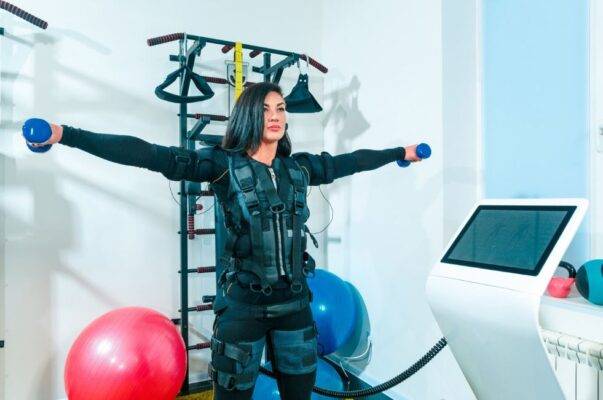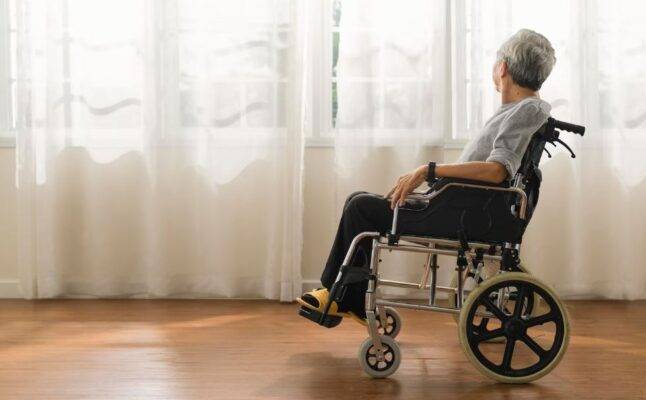Swift action and cutting-edge rehab key for young stroke survivors
NURUL SHAHAMAH
THE World Health Organisation (WHO) paints a worrying picture that strokes are no longer solely a concern for the elderly.
A staggering one in four cases now strikes individuals under 50 and Malaysia is not immune.
This silent killer ranks as the third leading cause of death in the country.
In 2019 alone, the National Stroke Registry recorded 47,911 cases, leaving a stark majority with long-term disabilities - an estimated seven out of ten patients rely on others for daily life.
A 2016 survey projected a grim future if left unchecked. It stated that one in four Malaysians could experience a stroke by 2040.
This highlights the critical need for awareness and prompt action.
Sunway Medical Centre Assistant Medical Director and Emergency Medical Consultant Dr Lee Tuan Cheong pointed out the golden rule which was to 'act fast'.
"Time is of the essence.
"Seeking medical attention within 4.5 hours allows for reperfusion therapies like thrombolysis and thrombectomy, minimising disability significantly," he said.
But the fight does not end there.

A Medical Rehabilitation Consultant at the same hospital Dr Foong Chee Chong reveals the power of post-acute care.
"Today's medical advancements offer hope.
"Robotic technology, non-invasive brain stimulation and virtual reality are revolutionising stroke recovery," he said.
He cited the Exoskeleton Gait Trainer as a prime example.
This assistive device allows stroke survivors to relearn walking with intensive training and personalised support.
"Rehabilitation is key to optimal recovery.
"Choosing a facility with expertise and advanced equipment is crucial," Dr Foong added.
He reminded patients that home exercises play a vital role in the journey towards regaining autonomy.
"From flexibility and balance training to functional tasks and aerobic exercises, a tailored programme supervised by therapists can accelerate progress," he said.










